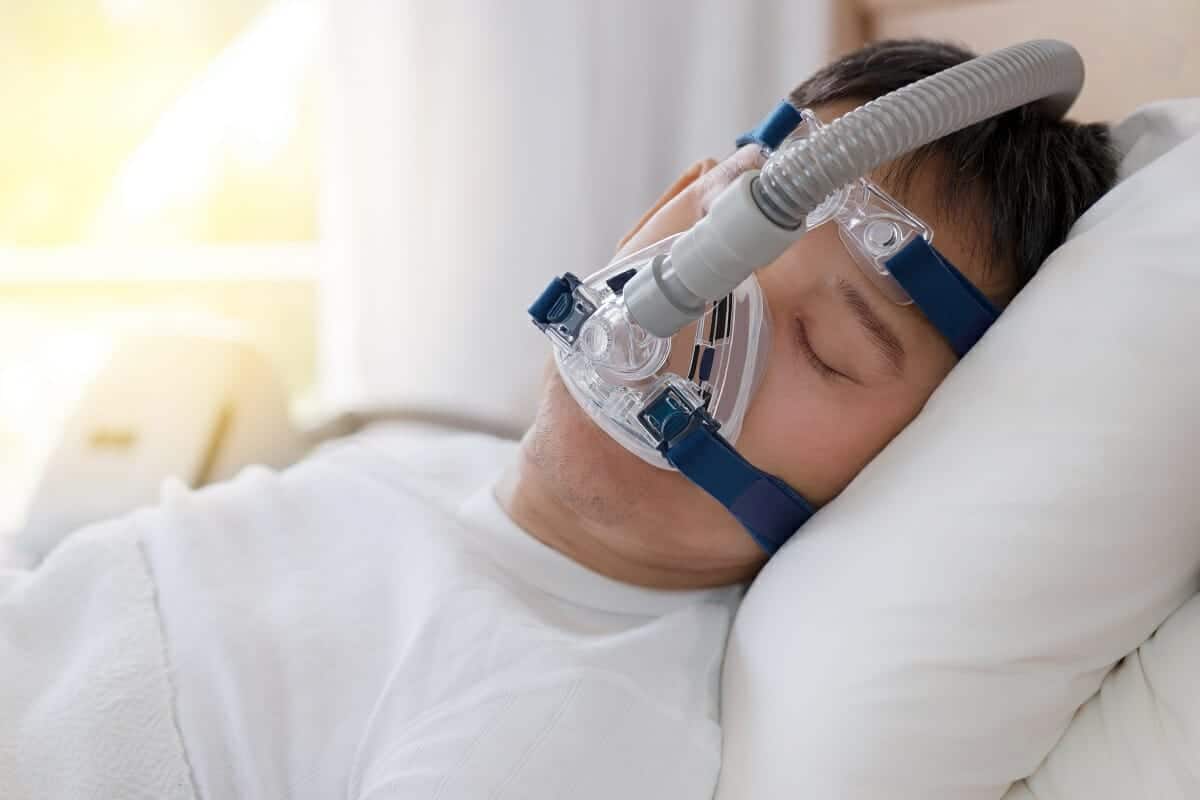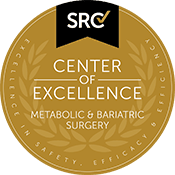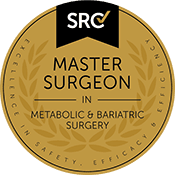
- Expertise
- Compassion
- Success
Lose the Weight and
Gain Back Your Life!
How Does Weight affect Sleep?

The relationship between a high body weight and poor sleep is very complex. Not only is obesity a major risk factor for sleep-disordered breathing problems like sleep apnea, but science also suggests that sleep problems may play a role in weight gain.
Below, Dr. V. Kuzinkovas, a bariatric surgeon serving Sydney and beyond, explores the relationship between weight and sleep in more detail.
Obesity Is a Risk Factor for Sleep Apnea
It is well-established that people who are overweight or obese are more likely to suffer from sleep-disordered breathing. Excess weight (particularly around the abdomen and the neck) increases the risk of developing the most common type of sleep apnea, known as obstructive sleep apnea (OSA).
With OSA, the airway becomes partially or completely blocked during sleep, in turn compromising normal breathing. The person affected may experience hundreds of cessations in breath during a single night’s sleep. Every time someone with OSA stops breathing, their brain partially wakes them up so they can restart breathing. As a result of this frequent wake-sleep-wake-sleep pattern, someone with OSA does not get the quality sleep their body needs to function optimally.
Sleep Deprivation May Inhibit Weight Loss
In turn, a lack of restful sleep can lead to fatigue during the day. Someone that is sleep deprived may be less inclined to exercise regularly, and their tolerance for cravings (especially cravings for sugary or carb-heavy foods) may be lower as well.
As Dr. Kuzinkovas discussed in a previous blog post, researchers found that sleep deprivation altered the balance of gut bacteria, which is essential for maintaining a healthy metabolism. Sleep deprivation has also been linked to increased production of hormones that promote hunger and appetite.
Will Getting More Sleep Lead to Weight Loss?
The key to losing weight isn’t necessarily getting more sleep — it is eating well and exercising often. But getting enough sleep can help someone make good decisions about their diet and exercise routine. It may help them fight cravings and avoid being too fatigued to begin or sustain an exercise program.
If you get enough sleep every night, eat well and exercise daily, yet aren’t seeing the weight loss results you want, Dr. Kuzinkovas can help. He can talk to you about bariatric surgery to help you lose weight and improve your health. Call or email Advanced Surgicare to request a consultation with Dr. Kuzinkovas today.


